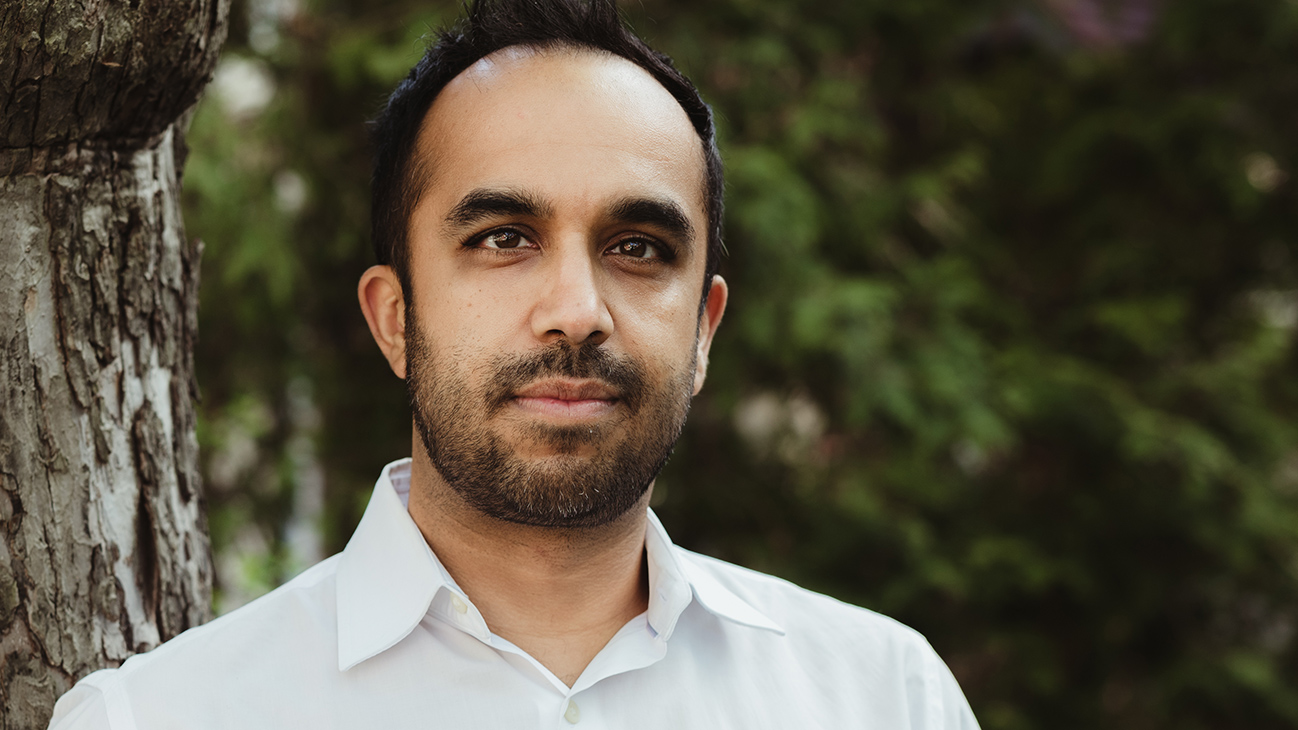Happiness expert Neil Pasricha recently hit the Uber jackpot when he landed a ride with Vishwas Aggrawal — an Uber driver with a 4.99 rating after giving 5,000 rides! After spending a few short minutes with him, he quickly understood why and wanted to discover the secret behind Vish’s success.
Neil featured Vish on his podcast 3 Books with Neil Pasricha and wrote an article for Fast Company detailing why he cares so much about his service quality and outlining the seven customer service lessons that Neil learned from him.
Below is a summary of the seven tips Neil walked away with, read the whole article here:
1. Make a 10-second offer, then confirm the deal
After Vish confirms his passenger’s name and destination, he always asks, “Do you have enough room back there?” while actually moving his seat up. Within 10 seconds he’s able to show — not tell — that he’s in the high-service game using a repeatable method to demonstrate this quickly.2. You set your own standards every day
Born and raised in Indore, a city in central India, Vish earned his MBA and held sales and marketing positions at Coca-Cola and New York Life, where he says, “I learned how to effectively deal with people” with tact and emotional intelligence. Eventually, Vish moved to Toronto and, like many immigrants, found it difficult to break into his adoptive country’s knowledge economy, despite his extensive corporate experience.“Doing Uber was not my first choice,” he says, but he hasn’t lowered his work standards, even though the company doesn’t compensate him for it. “Why can’t you compare driving a car with flying an airplane? Like the pilot,” he points out. Both are fundamentally customer-service roles, requiring similar skill sets he developed earlier in his career. “One of my mantras,” Vish tells me, is, “Either I do the thing, or I don’t do the thing. But if I do the thing, I do it the best.”
3. It’s always the customer’s first time
Despite the thousands of rides he’s given, Vish knows that “it’s always their first time with me.” He keeps wet wipes under his seat and cleans the floor mats between every ride. Why? “This car is my office. This is the only office I have in this business, so I’m supposed to keep it up, I’m supposed to maintain it, I’m supposed to clean it,” he explains. “Every day, even when I go home, I also take out the carpets, I clean them. If it is snowing or dirty, I wash them.”4. Give the task to the “yes” part of your brain
Vish says that the classic self-help book The Magic of Thinking Big by David J. Schwartz gave him “a formula in life always — the formula of ‘yes man’ and ‘no man’…” After reading Schwartz’s book, Vish says, “I started working on my ‘yes man.’ That’s what I do at Uber as well.”Vish lets customers alter routes if they choose. He even calls passengers at home to tell them their UberPool-ing friend was dropped off safely, and tries to accommodate small requests along the way.
5. We buy with all senses
Vish only eats raw vegetables and salad in his car to avoid smells or odors. His car needs to be a blank slate that passengers can immediately feel ownership of, not like they’re suddenly in somebody else’s kitchen. He has the same theory about sounds, which is why his radio is never playing when a customer climbs in. If they want the radio on? That’s fine. But he turns it off for the next person. And if they’re eating a garlic stir-fry or smell like smoke? That’s fine, too. But he sprays a lemon air freshener and opens all the windows to start fresh the next time.6. Use their name
Vish says that Uber wants drivers to say “What is your name?” to customers before they get in the Uber. He ignores that. Instead, he greeted me with, “Is it Neil?” and a big smile. In fact, the excitement in his voice made it more of a statement than a question: “Is it Neil!” Real name, right off the bat, plus an immediate flash of intimacy.7. Know your customer spectrum (and who falls outside of it)
I asked Vish how he deals with drunk customers on busy Friday and Saturday nights. He surprised me by saying he doesn’t serve them. Drunk customers aren’t his target market. As soon as he lands one, he heads home. It’s a signal he’s serving folks outside of his customer spectrum and his day is done. (In fact, Vish also benches himself whenever he’s having an off day because he says driving is too risky — a judgment call that takes real self-awareness, especially in the gig economy, where there’s no direct boss to manage your performance.)




